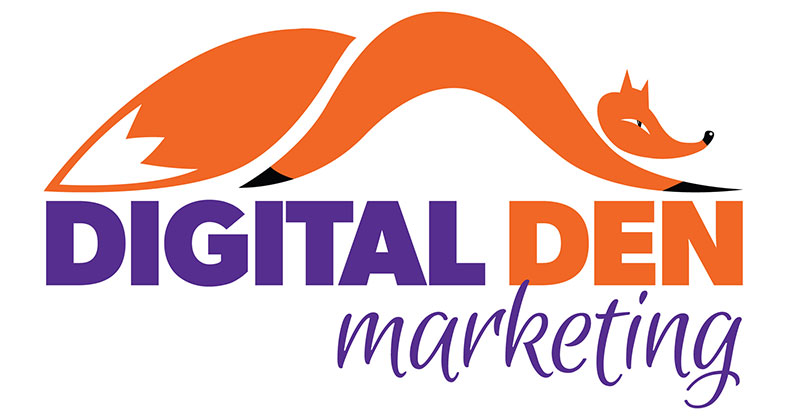Yesterday, I delivered a half day training workshop on LinkedIn on behalf of AKU Training Belfast, during which we discussed Content Marketing and the value of LinkedIn as a tool for Marketing and Lead Generation.
One area which we spent a good part of the session on was Content Marketing. Key questions we addressed included what to post, when to post, how often to post, and what will be the return on investment for our efforts.
Regardless of the digital tactics employed, be it SEO, PPC, Online PR, Blogging, or Social Media Marketing on popular channels such as LinkedIn, Facebook, Twitter, YouTube, Instagram or Pinterest, there is a common theme – none of these tactics will be very effective without 3 things:
- A presence or profile – customer focused and search friendly
- An audience to target – large in size and relevant to your offering
- Good…. No, GREAT content – that will engage the audience and compel them to act
The same requirements hold true, regardless of whether we are thinking about personal branding, building your business brand via a Company Page, or if we are targeting B2B, B2C or not for profit customers.
I introduced delegates to the Content Marketing Matrix developed by First10 and SmartInsights to challenge them to think about why they distribute content (or why they don’t as was the case for some). The obvious answer was that the goal was to generate awareness, leads and sales, but some weren’t quite so sure how to get from being on the pitch to slamming the ball into the back of the net to score those all important goals that justify their presence on the pitch.
The AIDA model, developed by American advertising and sales pioneer, Elias St. Elmo Lewis refers to the stages in the journey to achieving your goals as Attention or awareness, leading to Interest (I like this), Desire (I want this) and finally to Action (I am having it).
The Content Marketing Matrix reminds us that all content should be goal driven, and illustrates how goals can be fulfilled through different types of content. Each piece of content is designed to take consumers on a journey from awareness to purchase, by evoking some very different responses in them, either emotional or rational.
The Content Marketing Matrix illustrates 4 content goals:
- To Entertain (Awareness & Emotional) – awareness is generated as a result of distributing content that has the power to generate a particular type of emotionalresponse – that of entertainment, amusement and enjoyment e.g. quizzes, games and competitions. This can lead to sharing – viral content is a much sought after goal.
- To Inspire (Emotional & Purchase) – content is created to evoke an emotional reaction which can lead to a purchase e.g. celebrity endorsements and reviews.
- To educate (Rational & Awareness) – this content is more rational and factual by nature and aims to generate an increased sense of awareness and knowledge among its audiences e.g. infographics, press releases and trend reports. This better educated consumer may in turn thank you for this knowledge, by purchasing from you.
- To convince (Rational & Purchase) – this is content aimed directly at selling a product or service to the audience, and combines rational content which educates consumers and inspirational content which inspires consumers to purchase e.g. case studies, and price guides.
When preparing your Content Strategy for your channels consider your content goals:
- What content will your audience find entertaining and compelled to share with their own audience?
- What content will educate your customers to make informed purchasing decisions?
- How will your content inspire your audience to do, think or feel the way you want them to?
- What content will give them clarity and convince them of their need to purchase from you or engage your services?
Goal scoring Content Marketing requires a well thought out Content Strategy.
If this article has educated you a little bit, inspired you to learn more about developing your own Content Strategy for Social Media, and convinced you to do something about it, please contact me on denise@digital-den.co.uk or take a look at AKU’s course schedule for the next course date, http://www.akutraining.com/public-schedule/


